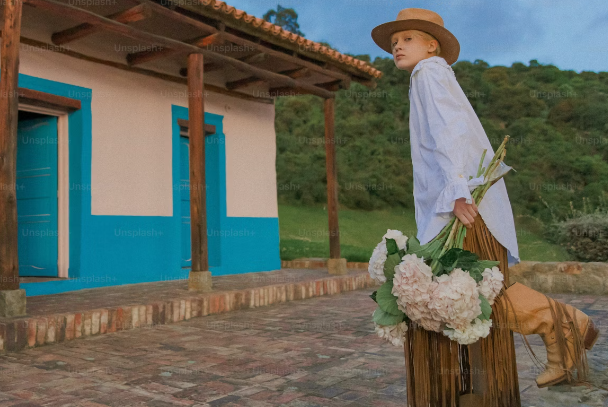Introduction
Peúgo, a term rich in cultural significance, evokes curiosity and exploration. While not widely known in mainstream discussions, it embodies deep traditions, values, and stories that are integral to specific communities. This article delves into the essence of Peúgo, its origins, and its importance in contemporary society.
What is Peúgo?
Peúgo is often associated with specific indigenous cultures and can refer to various aspects, such as a traditional practice, a type of craft, or a specific community gathering. In many contexts, it embodies the spirit of connection to heritage, nature, and communal identity.
Cultural Roots
The term “Peúgo” has roots in the languages and traditions of indigenous peoples. It serves as a reminder of the rich tapestry of history that many communities share. Peúgo often encapsulates local myths, folklore, and the wisdom passed down through generations, fostering a sense of belonging among community members.
Traditional Practices
One of the core aspects of Peúgo lies in its traditional practices, which may include rituals, music, dance, and craftsmanship. These practices are not only artistic expressions but also means of preserving history and instilling values. For instance, community gatherings centered around Peúgo may involve storytelling sessions where elders share tales that educate younger generations about their heritage.
Contemporary Significance
In today’s fast-paced world, where globalization often threatens local cultures, the revival of Peúgo and similar traditions is crucial. These practices serve as a counterbalance to cultural homogenization, allowing communities to celebrate their uniqueness.
Identity and Community
Peúgo fosters a strong sense of identity. In a time when many feel disconnected from their roots, engaging in Peúgo can help individuals reclaim their cultural narratives. Events celebrating Peúgo often bring together people of all ages, reinforcing community bonds and encouraging intergenerational dialogue.
Environmental Connection
Peúgo also emphasizes the relationship between communities and their natural environment. Many traditional practices associated with Peúgo reflect sustainable living, showing respect for nature and the importance of stewardship. By promoting ecological awareness, Peúgo serves as a reminder of the interconnectedness of all life.
Conclusion
Peúgo is more than just a word; it is a vessel of cultural heritage, a bridge connecting past and present. As communities continue to embrace and revitalize Peúgo, they not only preserve their identities but also contribute to the broader tapestry of human culture. Celebrating and understanding Peúgo allows us to honor diversity and recognize the importance of every culture in shaping our shared world. By engaging with traditions like Peúgo, we can foster a more inclusive, respectful, and vibrant global community.



